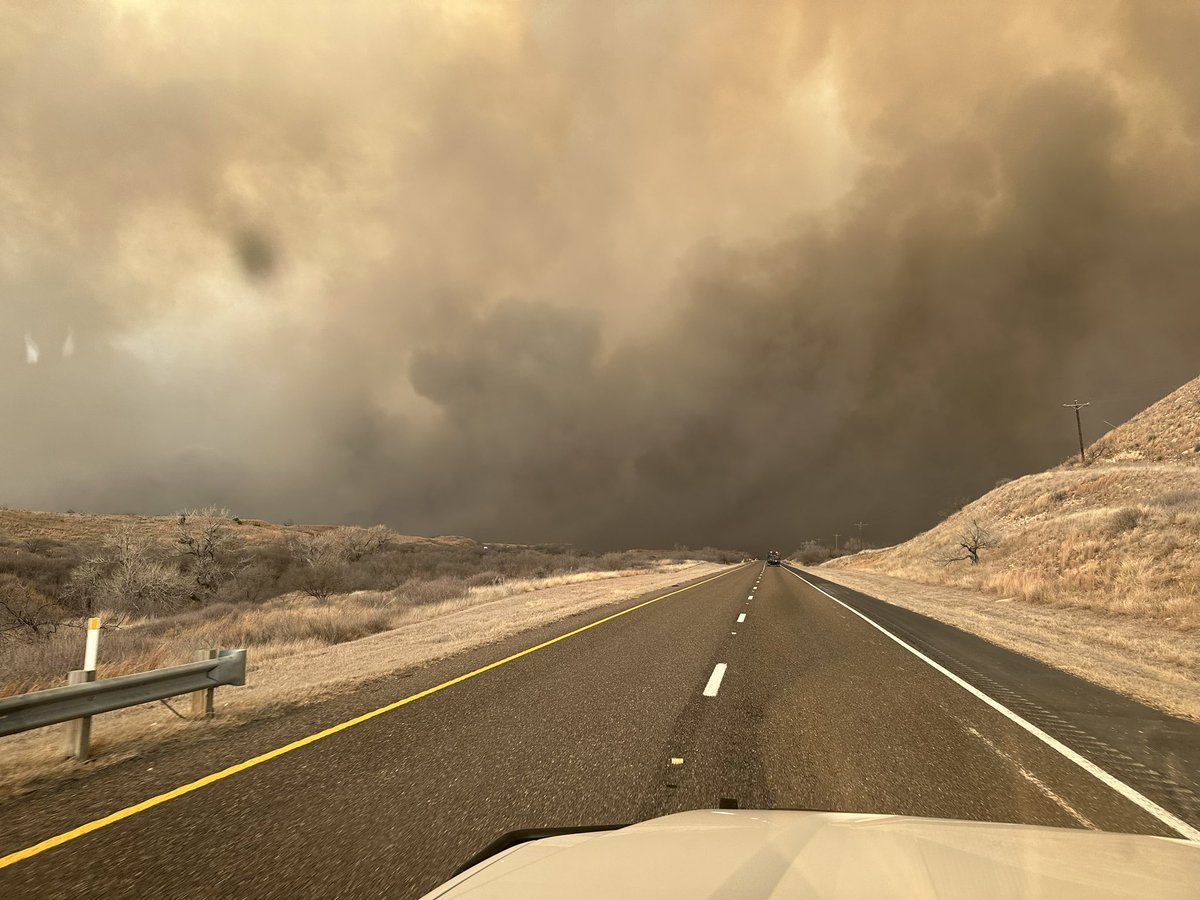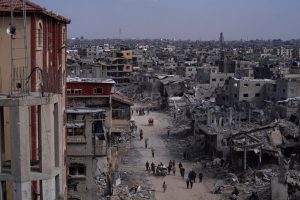Taylor Blatchford | (TNS) Seattle Times
SEATTLE — Checking air quality and staying indoors when smoke inundates the Seattle area has become second nature during Washington’s wildfire season in recent years. But new research highlights how wildfires can affect a less visible aspect of well-being: mental health.
A University of Washington study published in late February found an increase in prescriptions to treat depression and anxiety or stabilize mood in the six weeks after wildfires. The study used prescription data, commercial insurance claims and pharmacy records to examine the impact of 25 large California wildfires from 2011 to 2018.
“California experienced a substantial burden of wildfires from 2011 to 2018, and as wildfires become more intense and frequent in the context of anthropogenic climate change, it is increasingly important to understand and address their mental health effects,” the authors wrote.
Extensive research has focused on how wildfires and smoke affect cardiovascular and respiratory health; a study published in February found that the overlap of extreme heat and wildfire smoke had a compound effect and increased hospitalizations.
But few studies have examined how fires affect mental health. Previous research on the connection has been more qualitative, using focus groups to examine the effect of one fire in one region, said Zack Wettstein, the lead author of the study and a UW Medicine emergency medicine doctor. He conducted the research as a guest researcher with the Centers for Disease Control and Prevention’s Climate and Health Program.
“All too often we’re overlooking these mental health impacts,” Wettstein said. “There are a lot of vulnerable groups of people and these fires have substantial mental health impact we need to prepare for.”
Sleep disruption and decreased sense of safety likely affect mental health, particularly among those who must evacuate and face property loss, researchers wrote. Wildfires can also cause or exacerbate mental health conditions such as post-traumatic stress disorder, anxiety, depression and complex grief.
Wettstein has practiced emergency medicine in California, Idaho and Washington during wildfire season. Summer is already one of the busiest times in the emergency department, he said, and fires add an influx of patients.
“When smoke waves and heat waves roll through, it feels like we’re being inundated with patients experiencing a range of conditions from these exposures,” Wettstein said. “We’re seeing lots of folks coming in with stress and anxiety related to smoke exposure, let alone folks in closer proximity to fires who are evacuating, or have lost family or property.”
The study recommends “ensuring access to mental health services and supporting programs that promote mental health resilience before, during and after wildfires” as interventions to mitigate mental health effects. Wettstein hopes that hospitals will consider how to allocate resources during wildfire season and plan for potential surges.
“I don’t know how much people have considered upstaffing our mental health teams in the emergency department and otherwise,” Wettstein said. “There are opportunities to consider what to do in advance of these events. Providers can make sure their patients have enough medication on hand, so they don’t find themselves short.”
As in all studies, there are limitations: The data only includes patients enrolled on commercial insurance, meaning it didn’t reflect the experience of uninsured people, or those on Medicaid or Medicare. The data didn’t specify whether the prescriptions were new or refills, making it hard to tell whether smoke exposure led to new diagnoses or exacerbated existing mental health conditions.
Researchers also focused on metropolitan statistical areas (MSAs), a geographic designation the CDC uses to highlight urbanized areas with a population of at least 50,000. This means that rural communities, which “face a disproportionate burden of wildfire exposure and concomitant lack of mental health resources,” the authors wrote, are likely underrepresented.
There hasn’t been a similar study done in Washington, Wettstein said; he sees a “huge opportunity” to use this approach to examine other regions of the U.S. besides California.
The research findings raise a broader question: How do we deliver mental health care, especially when an emergency affects broad swaths of the population?
“Our mental health care system is already overtaxed,” Wettstein said. “With the projections of climate related impacts on temperature, air quality and other conditions in Washington, there’s going to be a greater burden of health impacts related to these events. What can we do to help prepare our system and make it more resilient, so we can treat everybody?”
___
©2024 Seattle Times. Visit at seattletimes.com. Distributed by Tribune Content Agency, LLC.












